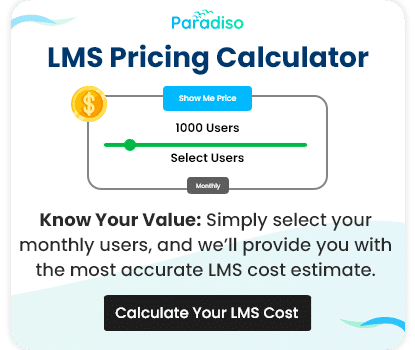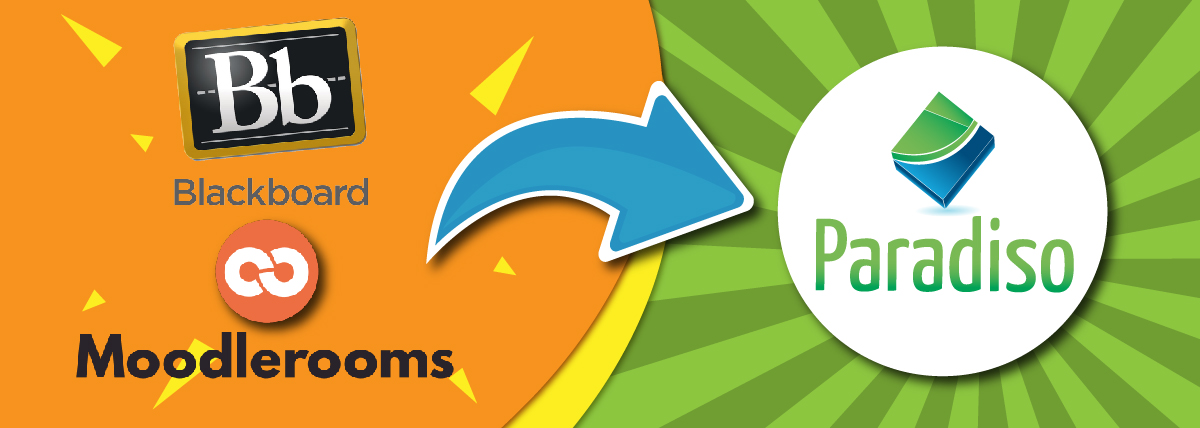Moodle, or the Modular Object-Oriented Dynamic Learning Environment, must be familiar to every person in the e-learning industry. This free, open-source e-learning platform includes many teaching and learning resources. It is the most popular LMS platform, with over 68 million users and counting every day.

We have
something for you!
Are you still figuring out which LMS is the best? Grab the chance to explore the LMS Buyer's Guide and get started.
















